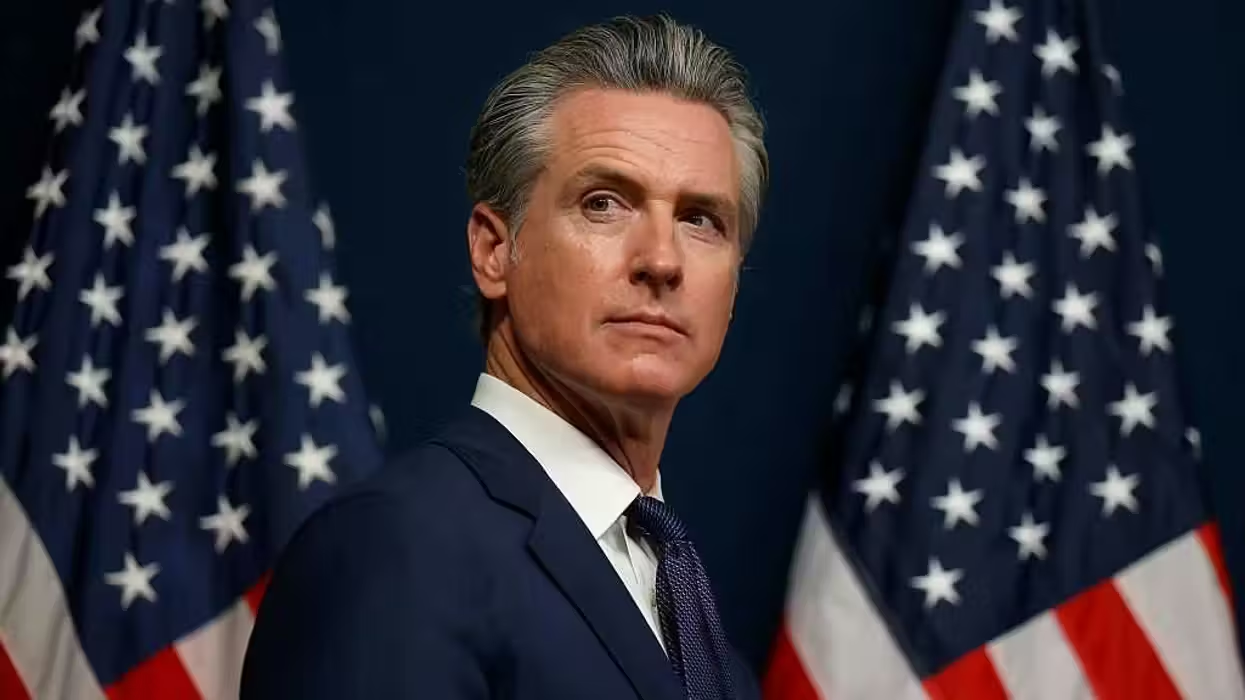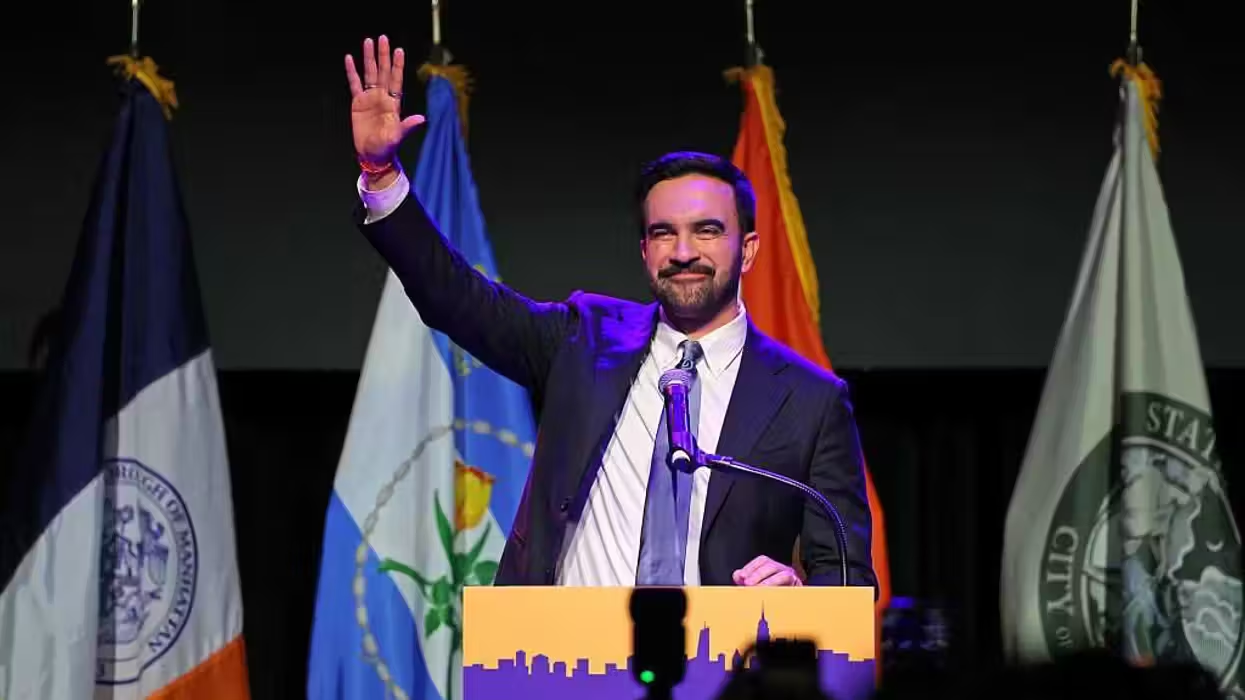
© 2025 Blaze Media LLC. All rights reserved.
There's a new bipartisan coalition in the Senate that's looking to expand voting rights for people with a criminal record — Senate Majority Leader Harry Reid (D-Nev.), and libertarian first-term Sen. Rand Paul (R-Ky.).
Paul on Thursday introduced the Civil Rights Voting Restoration Act, and Reid is the bill's only cosponsor.

While any bipartisan work done in Congress these days is likely to draw a "strange bedfellows" reaction, the cooperation between Paul and Reid seems especially out of place. Over the last few years, Paul has slammed Reid for refusing to allow amendment votes on key issues, and last year called Reid a "bully" and a "dictator" for ramming through procedural changes in the Senate favored by Democrats.
But this week, the two senators were partners on an issue that both said they care about — giving prisoners a chance to exercise their right to vote in federal elections.
Paul's bill would create tough incentives for states to allow people with non-violent criminal record to vote in federal elections. States that don't make that change would not be eligible for certain federal prison funding.
Last week, Paul delivered a speech in which he said Republicans need to reconsider policies related to law enforcement and incarceration, and warned that it's a problem that "three out of four people in prison are black or brown."
Paul said he would soon propose a bill giving people a second chance by letting them vote, and that prompted Reid to praise Paul on the Senate floor this week.
According to an aide to Paul, Reid went further by asking Paul if he could cosponsor the bill. It was proposed Thursday with just their two names on the bill.
But despite support from the Senate majority leader, the aide to Paul said it's not clear the bill can be passed in the Senate this year. According to the aide, it's more likely that the bill will serve as a discussion point that could put the Senate in a position to approve it next year.
"I think our goal is the start the conversation," he said.
Want to leave a tip?
We answer to you. Help keep our content free of advertisers and big tech censorship by leaving a tip today.
Want to join the conversation?
Already a subscriber?
more stories
Sign up for the Blaze newsletter
By signing up, you agree to our Privacy Policy and Terms of Use, and agree to receive content that may sometimes include advertisements. You may opt out at any time.
Related Content
© 2025 Blaze Media LLC. All rights reserved.
Get the stories that matter most delivered directly to your inbox.
By signing up, you agree to our Privacy Policy and Terms of Use, and agree to receive content that may sometimes include advertisements. You may opt out at any time.





